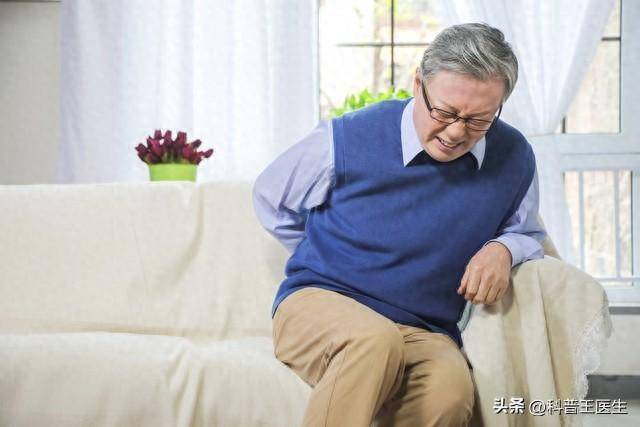With age, many elderly men will experience increased nocturia. So, is this a normal physiological phenomenon or a sign of disease? Today, we have invited experts to answer this question for everyone and remind them to pay attention to these symptoms!
Nocturia, as the name suggests, is the phenomenon of needing to wake up several times at night to go to the bathroom. For elderly men, increased nocturia is a common phenomenon, but it may also be a sign of certain diseases. So, why do elderly men experience increased nocturia?
Firstly, we need to understand a physiological phenomenon: as age increases, the kidney function of the body will gradually decline, and the kidney’s ability to concentrate will also weaken. As a result, when elderly men sleep at night, the amount of urine excreted by the kidneys will increase, leading to increased nocturia. Additionally, elderly men may experience increased nocturia due to prostate issues such as prostate hyperplasia.
However, increased nocturia is not entirely a normal physiological phenomenon; it may also be a sign of certain diseases. Experts remind that if elderly men experience the following symptoms, they need to pay attention:
1. Noticeably increased frequency of nocturia, exceeding 2 times every night;
2. Significant increase in nighttime urine volume, with each void exceeding 300 milliliters;
3. Accompanied by symptoms such as urgency, dysuria, or incomplete voiding;
4. Daytime symptoms of frequency or urgency;
5. Experience fatigue, dizziness, insomnia, and other non-urinary system symptoms.
If elderly men experience the above symptoms, experts recommend seeking medical attention promptly for relevant examinations and treatment. This is because increased nocturia may indicate urological diseases such as prostatitis, benign prostatic hyperplasia, cystitis, or even systemic diseases like diabetes, kidney diseases, and more.
In conclusion, increased nocturia in elderly men may be a normal physiological phenomenon or a sign of disease. Therefore, we should not take increased nocturia lightly. Especially when accompanied by other symptoms, prompt medical attention is advised to avoid delaying disease treatment. We hope this article can be helpful to everyone in paying attention to health, starting with monitoring increased nocturia! #HeadlineCreationChallenge#


